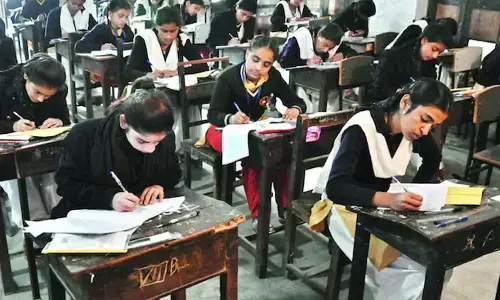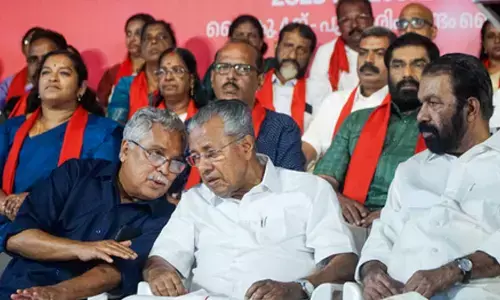How hashtags affect language on Twitter

When tweeters use hashtags -- a practice that can enable messages to reach more people -- they tend to be more formal and drop the use of abbreviations and emoticons, finds a new study conducted by a team that includes an Indian American researcher.
 Washington: When tweeters use hashtags -- a practice that can enable messages to reach more people -- they tend to be more formal and drop the use of abbreviations and emoticons, finds a new study conducted by a team that includes an Indian American researcher.
Washington: When tweeters use hashtags -- a practice that can enable messages to reach more people -- they tend to be more formal and drop the use of abbreviations and emoticons, finds a new study conducted by a team that includes an Indian American researcher.
But when Twitter users use the @ symbol to address smaller audiences, they are more likely to use non-standard words such as "nah," "cuz" and "smh,” said the team from Georgia Institute of Technology. They also found when people write to someone from the same city, they are even more likely to use non-standard language - often language that is specific to that geographical area.
“Since social media facilitates conversations between people all over the world, we were curious why we still see such a remarkable degree of geographical differentiation in online language,” explained lead researcher Jacob Eisenstein, assistant professor in Georgia Tech's school of interactive computing. The findings show that the most geographically differentiated language is more likely to be used in messages that will reach only a local audience, and therefore, will be less likely to spread to other locations.
For this, Eisenstein's team sifted through three years of tweets that included 114 million geotagged messages from 2.77 million users.
“People want to show their regional identity or their tech savviness, using Twitter-specific terms, to their close social network ties,” added Umashanthi Pavalanathan, Georgia Tech graduate research scientist. This research shows that for many people on Twitter, non-standard English is not a question of ability, but of reserving standard English for the right social situations.
“In this sense, heavy social media users have an especially nuanced understanding of language, since they maintain multiple linguistic systems. They know to use each system when it's socially appropriate,” the authors noted in a paper appeared in the journal American Speech.








